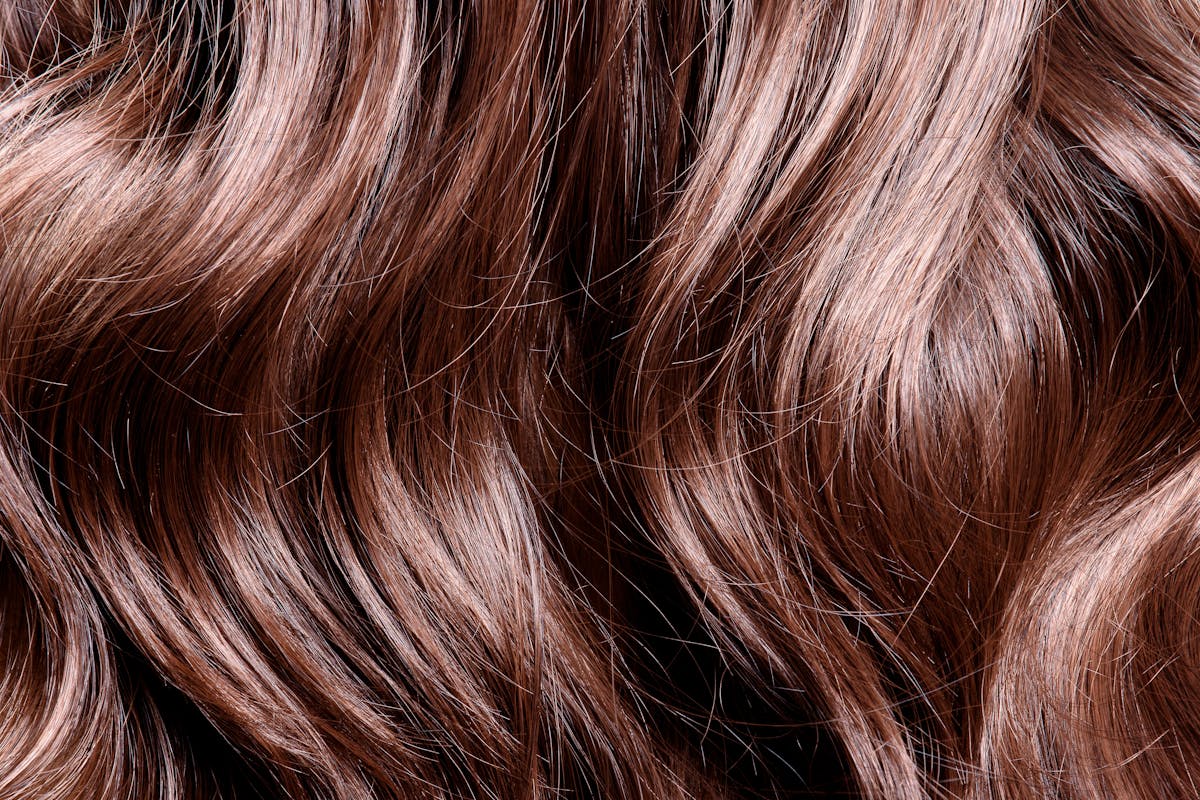A trend to get longer and thicker locks is to take prenatal vitamins, even if you’re not pregnant. Some people try this because it’s said that one of the visible benefits of prenatal vitamins is rapid and healthy hair growth. But is that actually true? To understand if prenatal vitamins could help your hair, you have to know what prenatal vitamins are and what is in them.
Do Prenatal Vitamins Make Your Hair Grow?
Hair Health
7 Min Read

Get hair, health, and science news delivered right to your inbox.
What are prenatal vitamins?
You may have heard the saying that when someone is pregnant, she is eating for two. That isn’t exactly true, but pregnant women do need an increase in nutrients, especially the nutrients that help with the early development of a baby. That’s what prenatal vitamins were created for. Prenatal vitamins are a multivitamin created for women who are pregnant, trying to conceive, or breastfeeding. They provide the nutrients that expectant mothers need more of. These vitamins help women take care of their health, and their baby’s health, while pregnant. These are some of the key ingredients of most prenatal vitamins:
- Calcium. Prenatals provide extra calcium to contribute to the daily amount. Calcium is important to help keep the mother’s bones strong and help with the baby’s bone development.
- Folic acid. This ingredient is linked with lowering defects like spina bifida, so all pregnant women should be taking folic acid. Though there are foods that naturally contain folic acid, it’s hard to get enough to prevent defects, so most women get enough folic acid through prenatal vitamins.
- Iron. Most women increase their blood volume while pregnant. Because of this, pregnant women need more iron than they usually need, and it can be hard to get enough iron through their diet.
There are several other ingredients that a prenatal vitamin could have including vitamin A, vitamin C, vitamin E, zinc, or copper.
Prenatal vitamins can be purchased over the counter, or they can be prescribed by a doctor. Doctors might prescribe different types of vitamins, depending on the particular needs of an individual. Many doctors might also recommend prenatal vitamins for women who are trying to conceive since the development of the spine comes early in the pregnancy, so it is best to take folic acid early on. Prenatal vitamins are also recommended for breastfeeding mothers to maintain the necessary nutrients.
Should you take prenatal vitamins when not pregnant?
Women who are trying to conceive or who are breastfeeding do take prenatal vitamins when they’re not pregnant. The nutrient benefits of prenatal vitamins are designed to help these women, too. But should other people take prenatal vitamins? Most likely you shouldn’t.
The main thing to remember about prenatal vitamins is that they are designed to fill the nutrient gaps that might occur during pregnancy. Those nutrient gaps typically don’t exist for people who aren’t pregnant. So it’s unnecessary to fill them. Instead, you get the nutrients from your regular diet. If you have a deficiency in one of the key nutrients in prenatal vitamins, then they could be beneficial as well. Talk with your doctor before taking these supplements.
If you are getting the nutrients already, taking prenatal vitamins can result in too much of a nutrient. There are two ingredients in prenatal vitamins that could cause negative side effects. Excess folic acid can mask a B-12 deficiency, and more iron than necessary can cause constipation, diarrhea, and nausea. While pregnant women don’t have to worry about these side effects, others who take prenatal vitamins do.
Prenatal vitamins for hair growth
Some people do take prenatal vitamins to try and grow their hair and claim to know what the best prenatal vitamins for hair growth are, but there aren’t any studies to back up the claims that these vitamins help with hair growth. In fact, prenatal vitamins don’t contain any of the main ingredients known to support hair growth, like curcumin or saw palmetto.
Some people assume it must be prenatal vitamins causing the hair growth many pregnant women experience. In reality, the hormonal changes during pregnancy are what causes the hair growth, not the vitamins. So there is no reason to take prenatal vitamins for hair growth.